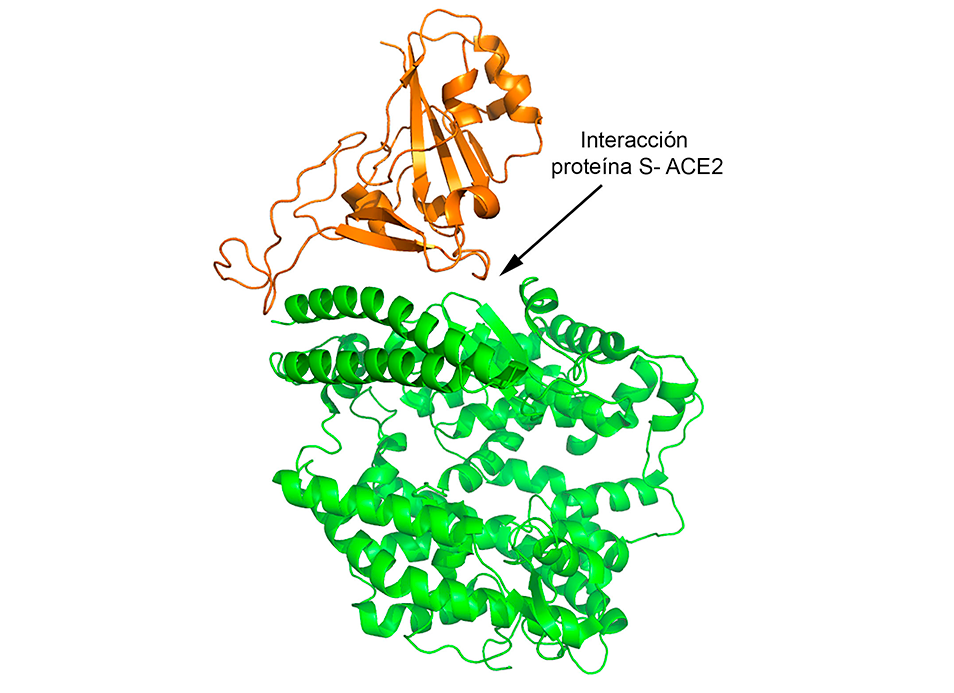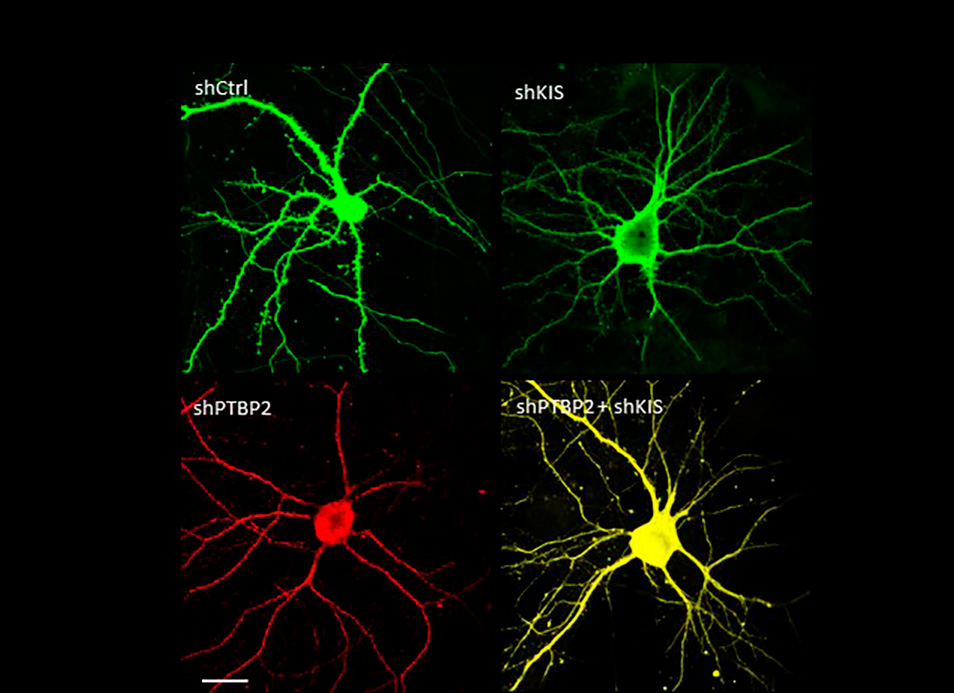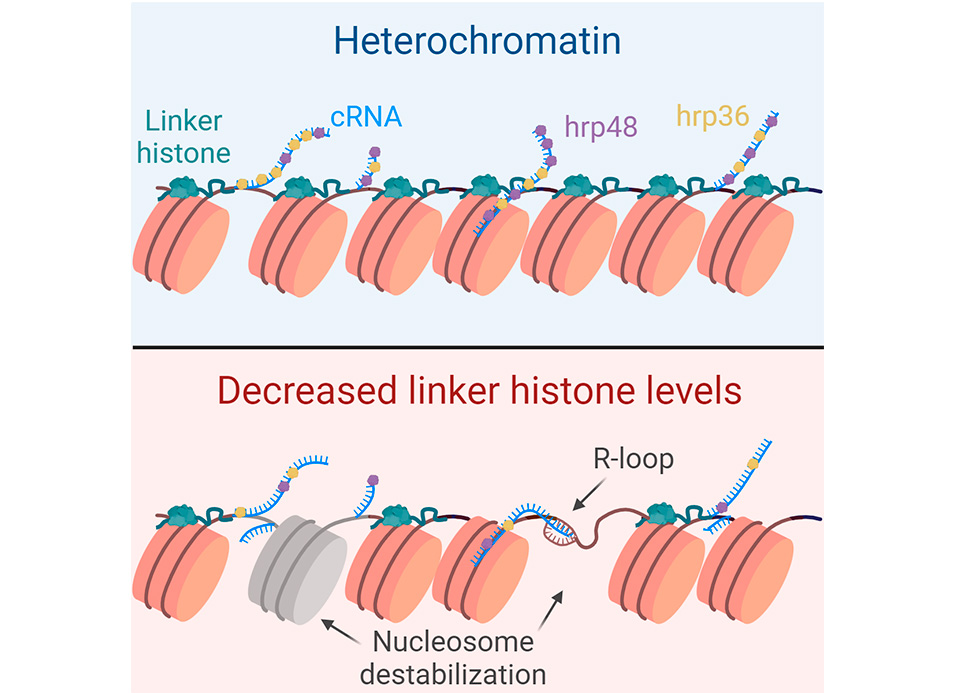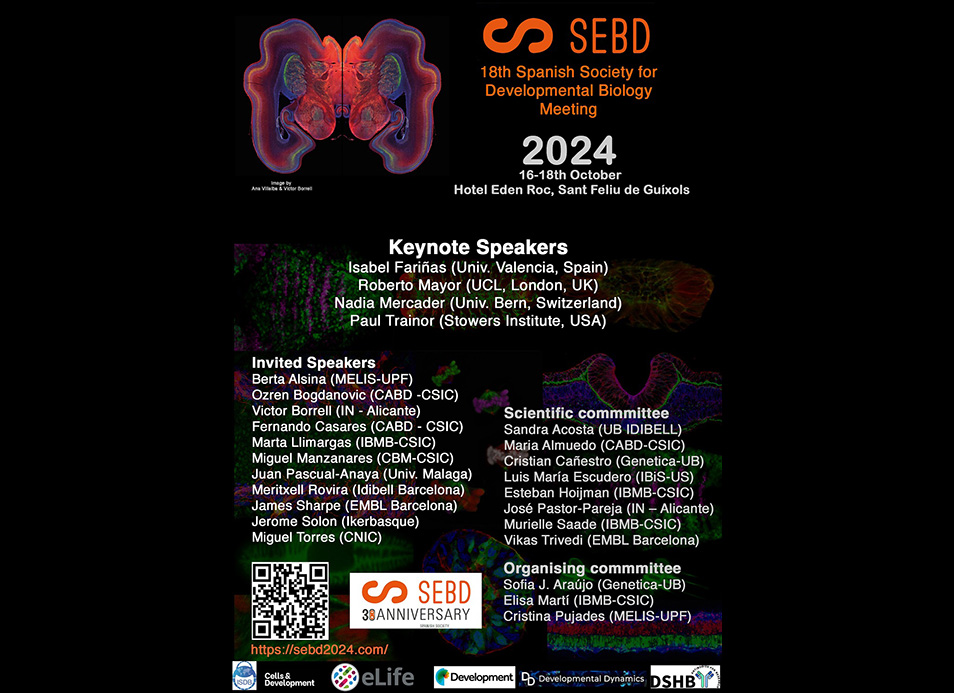This study provides important new insights into the regulation of alternative splicing in neurons by…
Antiviral cocktails tested to block possible SARS-CoV-2 coronavirus mutants.
An international study with the participation of the Molecular biology Institute of Barcelona (IBMB-CSIC) focuses on combining the benefits of different medications against SARS-CoV-2: on the one hand, the use of new antivirals that prevent the virus from entering the cell, and on the other, the use of inhibitors of the enzyme that replicates the genome and transcription of the virus genes. The synergistic effect of these therapies targeting different SARS-CoV-2 targets could prevent the selection of mutants resistant to a single drug and, therefore, forestall a failure in therapy.
RNA viruses are capable of modifying their spectrum of mutants to adapt to new environments, alter their virulence or even generate significant changes that allow them to jump to other species. “Coronaviruses, even with an error-correcting activity, mutate and replicate with mechanisms similar to other highly variable RNA viruses, such as hepatitis C, the influenza virus or HIV”, explains Nuria Verdaguer, director and researcher of the Institute of Molecular Biology of Barcelona (IBMB-CSIC), which leads the project.
Based on previously established procedures for other viruses, the researchers will use different medications targeting different Covid-19 objectives. The first objective is the computational design of new proteins that block the binding of protein S, also known as the virus spike protein, with the cellular receptor ACE2, allowing it to enter the cell. The best computational designs, created by Enrique Marcos, from the IBMB-CSIC, are already being experimentally tested in the laboratory. “The inhibitory capacity of these candidates will later be quantified in cell culture assays. It will take several rounds of design and optimization to obtain the best inhibitors”, says Verdaguer.
This strategy is joined by the second objective of the project: to add inhibitors of the protein that replicates the virus genome, RNA polymerase. Among them, the well-known medication remdesivir, a molecule that acts as a terminator by joining the newly synthesized RNA chain, as well as others that act as lethal mutagens. That is, they become incorporated into the nascent RNA chains as the virus it replicates and causes this to mutate above an error threshold, after which the viral population becomes extinct due to the loss of viable genetic information.

Successful antiviral combinations in RNA viruses
The application of similar medication combination therapies has been carried out with success against other highly variable viruses, such as the AIDS virus or hepatitis C. The great discovery with the AIDS virus was to see that a combination therapy was necessary to avoid the selection of mutants resistant to an antiretroviral when administered alone and that it generally led to treatment failure and death of the patient. Since the end of the nineties, the implementation of combination therapies has turned AIDS into a chronic disease with little mortality, although so far no way has been found to completely eliminate the virus from the body. Another precedent of success for combination therapies has been the treatment against hepatitis C, especially thanks to the new direct-acting antivirals (sofosbuvir, daclatasvir, etc.), which eliminate the virus in 98% of patients. The combination of ribavirin and favipiravir, two lethal mutagens now being tested against the coronavirus, has recently been shown to be capable of extinguishing this virus.
“Our project is based on using a similar strategy against SARS-CoV-2, extending the synergy to entry inhibitors”, explains Verdaguer. This is the first time that a design of this type has been carried out in Spain since synergistic lethal mutagenesis was discovered by researchers Esteban Domingo at the Severo Ochoa Molecular Biology Center (CBMSO-CSIC-UAM) and Celia Perales de la Fundación Jiménez Díaz (FJD) —both institutions participating in this study— just over a year ago.
Also new in Spain are the strategy of combining lethal mutagens with inhibitors and the approach to the computational design of proteins to block the entry of the virus into the cell. “The medication combination has been designed to avoid the selection of mutants resistant to a single treatment, such as remdesivir, currently approved for use in SARS-CoV-2 patients. A therapy capable of reducing the viral load in the infected patient should also mitigate the secondary effects of the infection ”, concludes Verdaguer.



